Whakapapa, communities and innovation to the fore at CAPE Summit
An Asia-Pacific of whakapapa, community and opportunity came into focus at the CAPEs inaugural The Context: Asia-Pacific Summit, held on 30 August at the University of Auckland Business School. Here are just some of the highlights of an inspirational day.
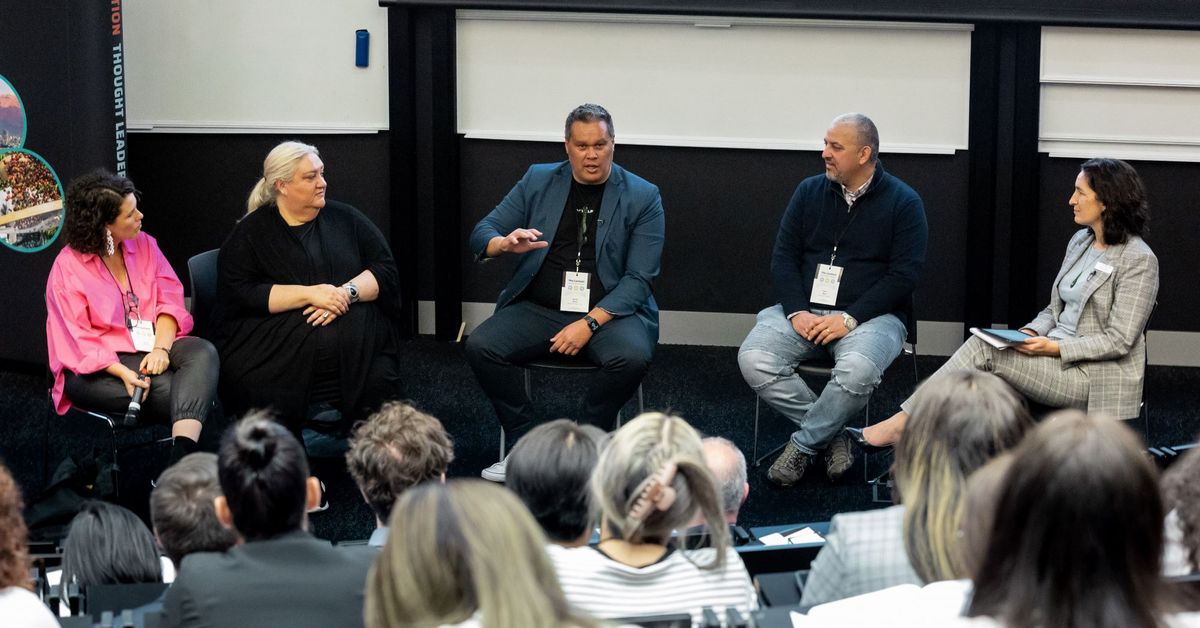
Almost 200 people joined the event in-person or online, among them academics, business people, tauira, and supporters of Aotearoa’s business ecosystems. The event was infused with their shared passion for strengthening communities within Aotearoa and building bridges throughout the Asia-Pacific, to create better opportunities and a sustainable future for all.
25 speakers and moderators covered a fertile expanse of ideas and experience, from the foundations of our relationships with the Asia-Pacific and the ways in which we work together to venture into Asia-Pacific markets, to in-depth knowledge in digital services, food, fintech, consumer health, cultural capability and business strategy.
“This mahi matters” were key words of the Hon. Phil Twyford, Trade and Export Growth – Minister of State for New Zealand, who provided an opening message via video. As he noted, in an environment filled with challenges “we need to know our operating context and the priorities of our partners as best we can.“
The mahi is also important to our communities. Several speakers conveyed the significance of business growth as one of the fastest and broadest paths to prosperity and well-being, especially for Māori and Pasifika communities.
Given this importance, at the heart of the kōrero was a belief in the promise of indigenous-driven internationalisation, and the value of strong communities and networks to support businesses that are pursuing growth via the Asia-Pacific.
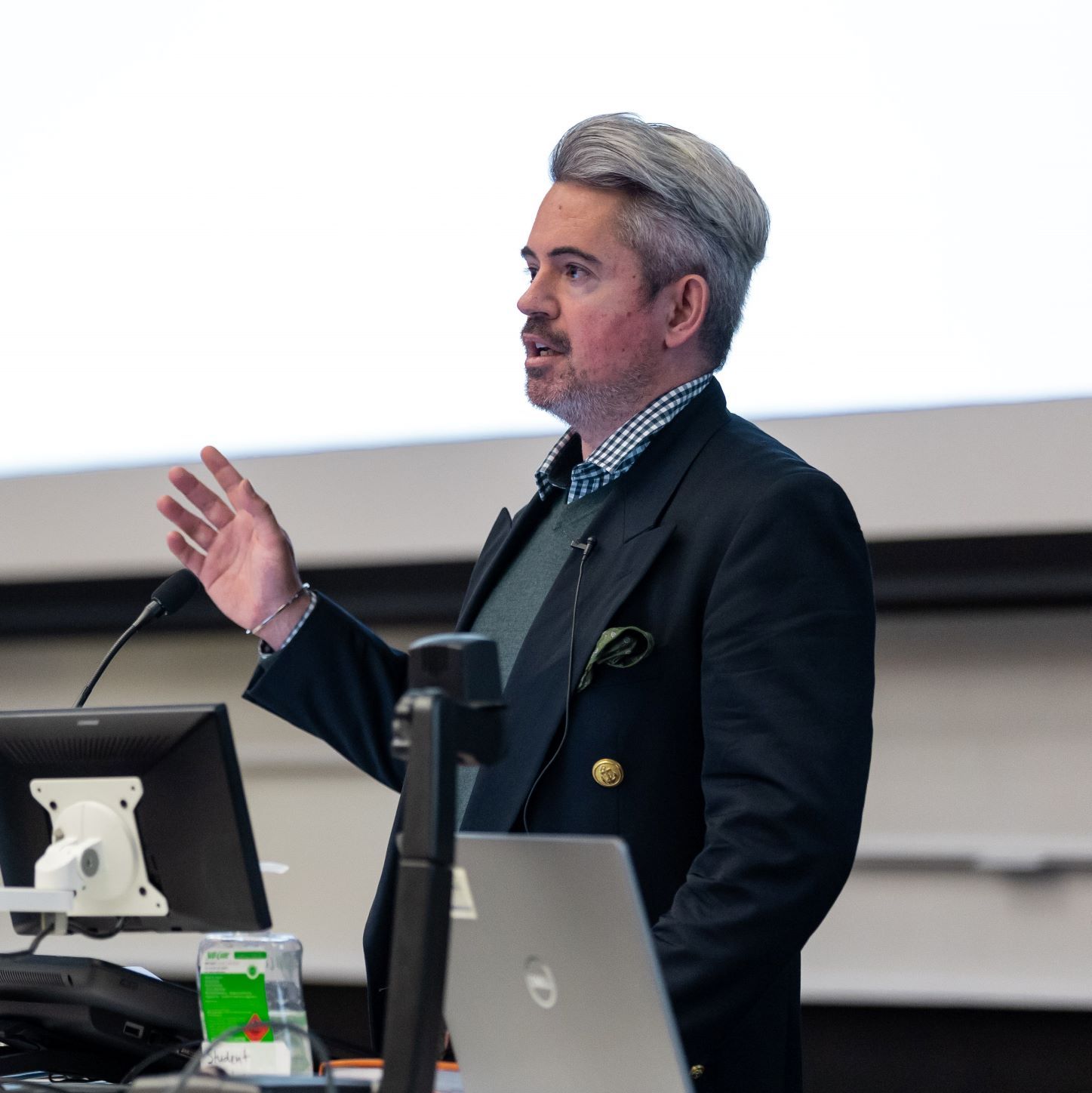
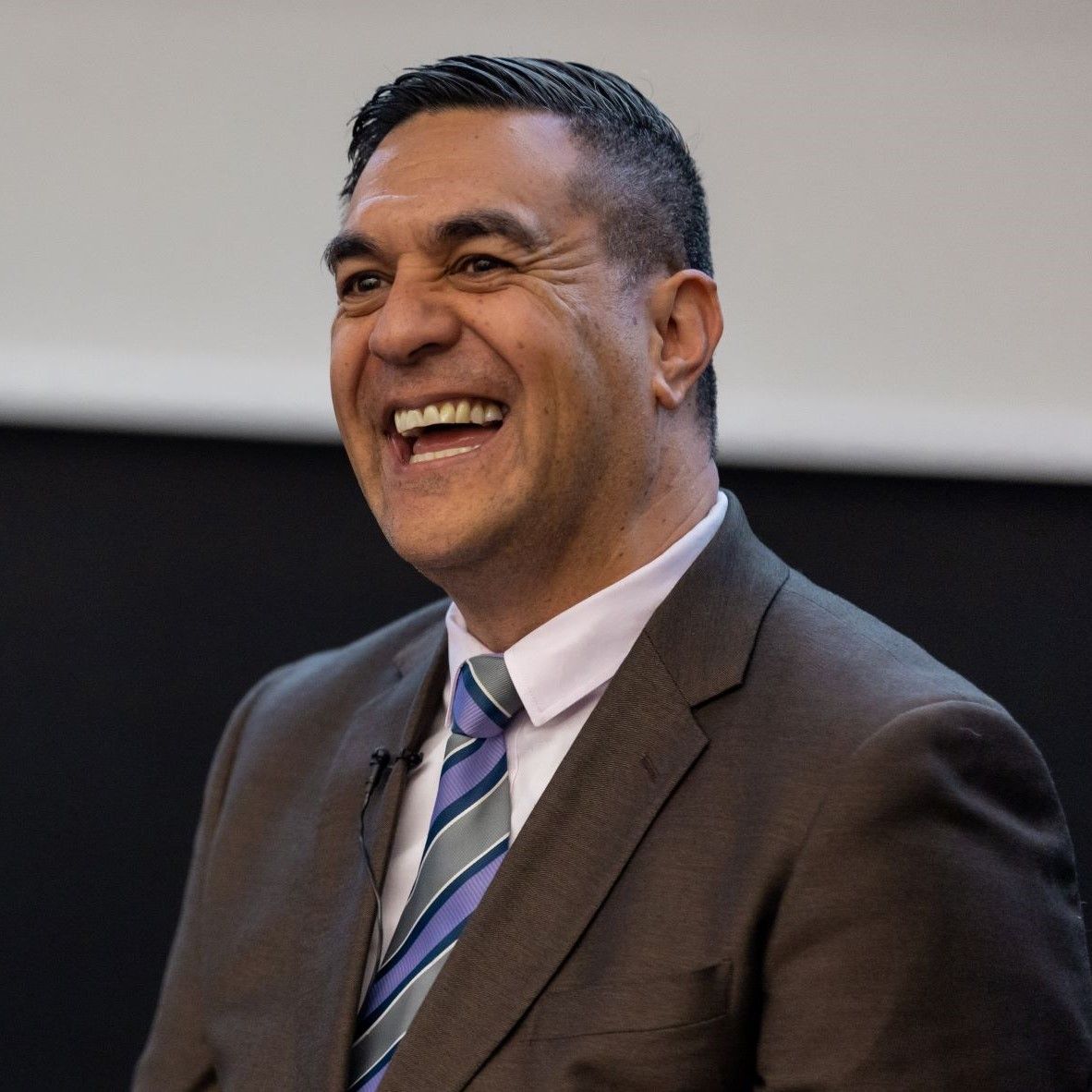
In an inspiring mihi, Geremy Hema, Poutiaki Rangahau Māori at the University of Auckland, acknowledged Tamaki Makaurau’s history as an early and thriving Māori trading centre. This gave a feeling of reigniting a rich past as well as building an exciting future.
Dr Jason Mika picked up on this thread in a panel on building Indigenous entrepreneurial ecosystems across the Asia-Pacific. Dr Mika paid tribute to the late Māori business academic from the University of Auckland, Dr Manuka Henare (Ngāti Hauā, Te Aupouri, Te Rarawa, Ngāti Kahu). Dr Henare developed the theory of an Economy of Mana, in which the purpose of enterprise is to enhance the mana of others. This idea resonated with participants throughout the day. Dr Mika continues this work with the theory of Manahau, which he says can ‘help entrepreneurs balance cultural and commercial imperatives not as trade-offs but as reciprocity’. Read more this work at the New Zealand Herald article below:
/cloudfront-ap-southeast-2.images.arcpublishing.com/nzme/56PNMHGNNZGBUQNVNPEO6IB6Q4.jpg)
Also breathing hau, or vitality, into the event were the many rangatahi in attendance. They joined as part of their participation in CAPEs programmes, including Te Ara Tipu and Ngā Hononga-ā-Kiwa. Their presence reminded us of the ultimate aim of the kōrero: even as we navigate today’s immediate challenges, we need to do things differently to build a sustainable and values-based future with opportunities for all. Through their insightful patai, and their kōrero on the panels, the rangatahi showed they are very much looking to an Indigenous future and to opportunities in the Asia-Pacific.
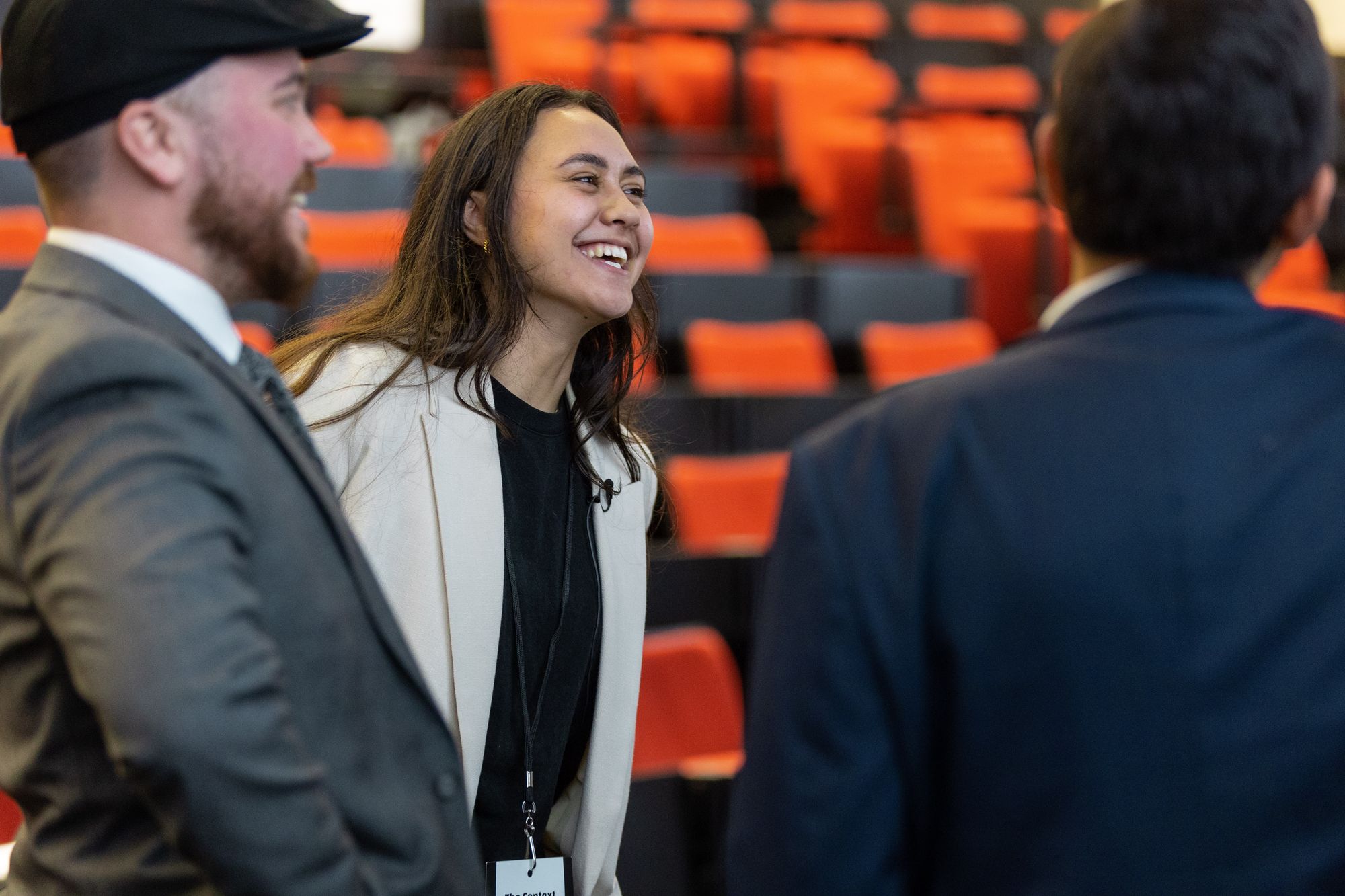
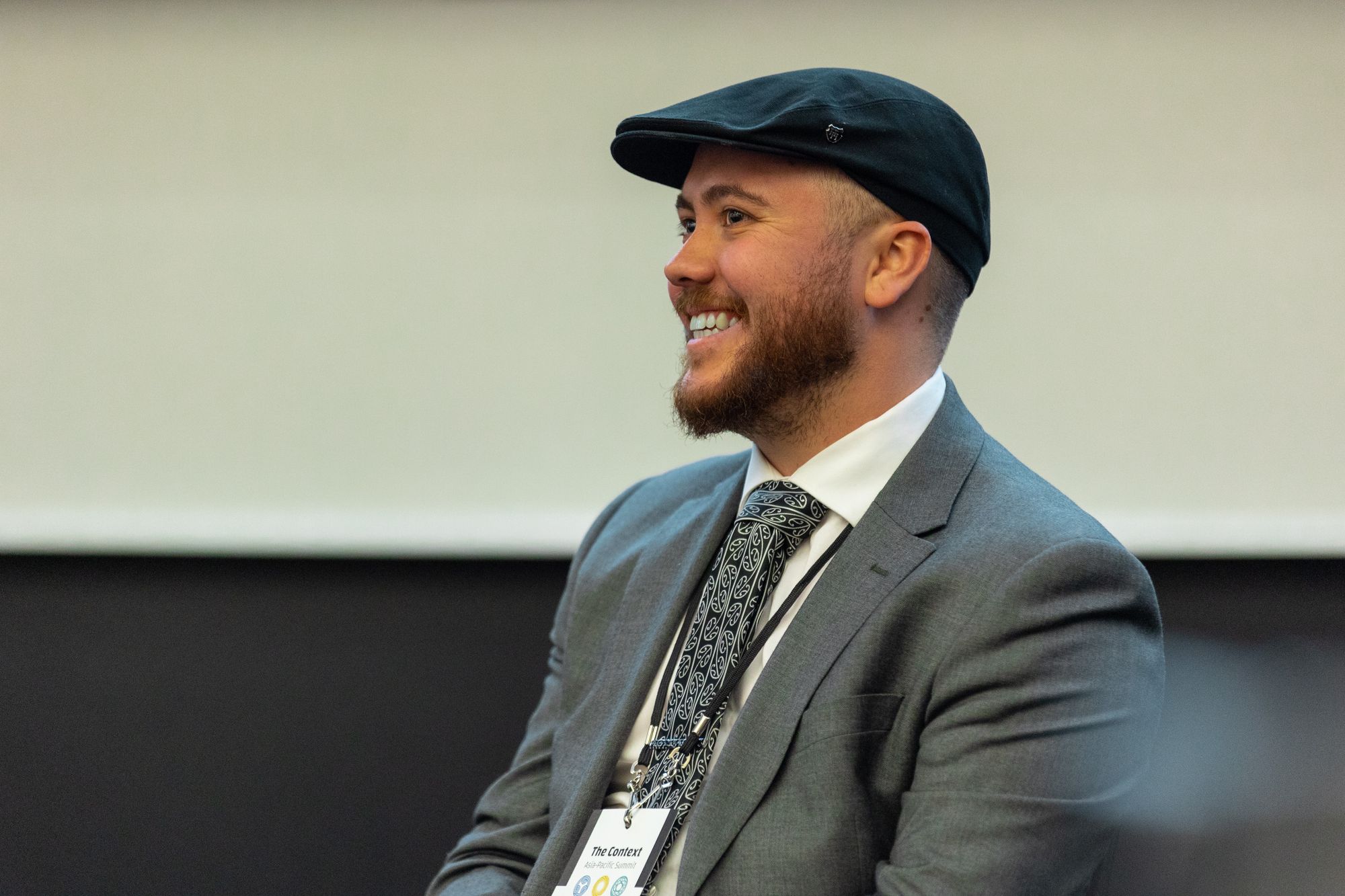
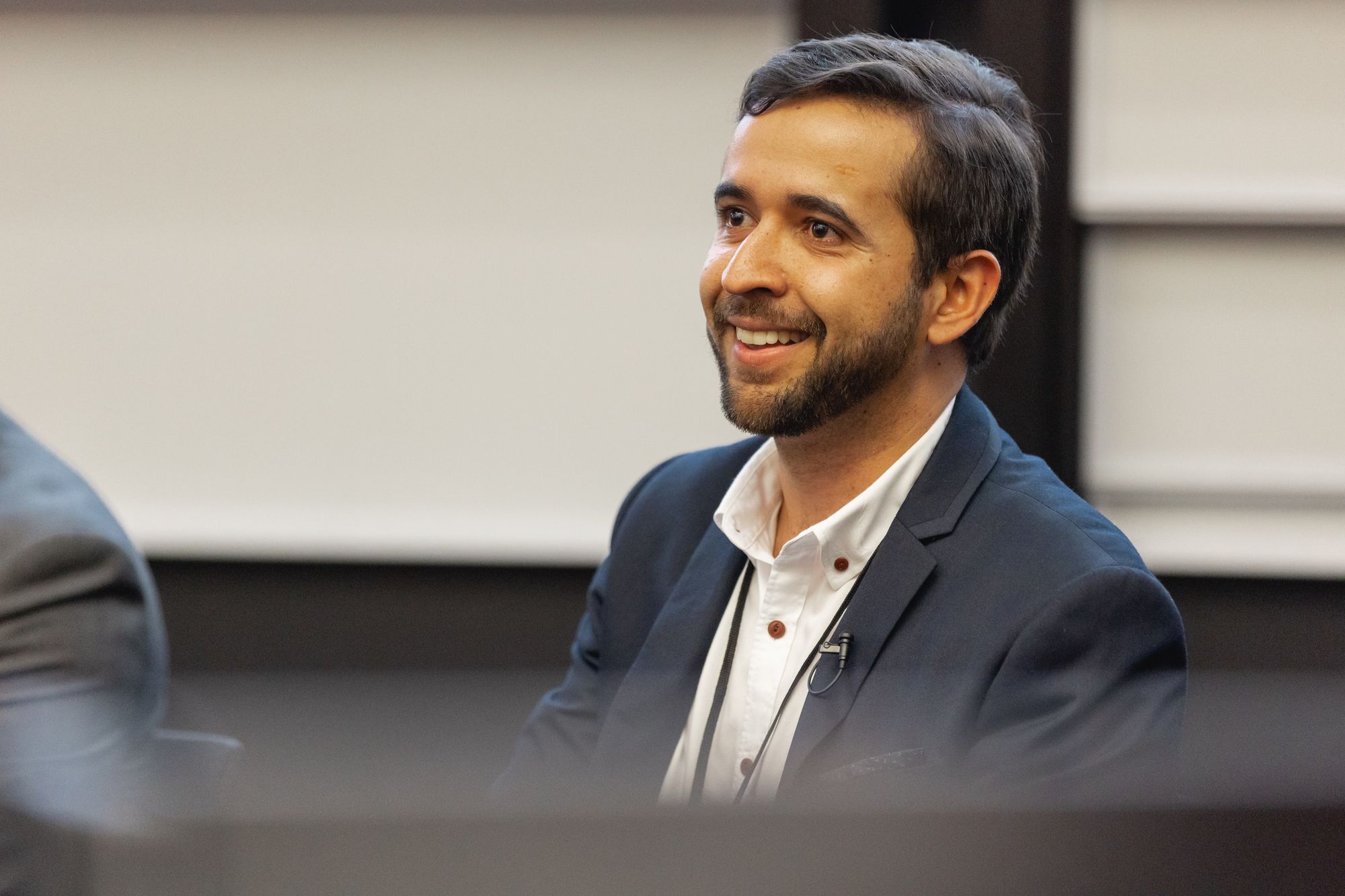
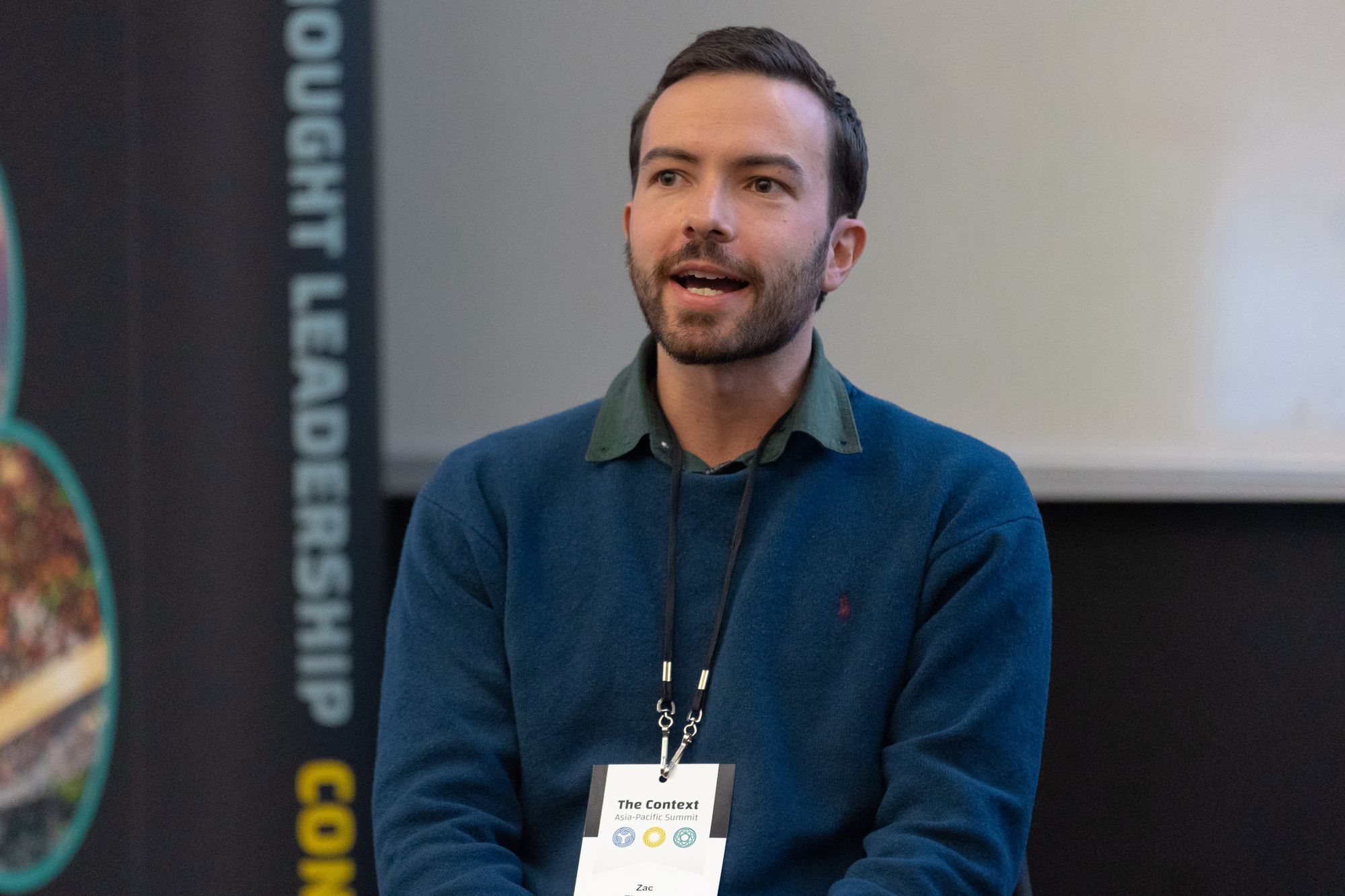
Though it is hard to capture the abundance of knowledge shared at the Summit in one story (and there will be more stories), three of the strongest themes were whakapapa, networks, and innovation.
Whakapapa
Whakapapa and identity in the Asia-Pacific context were ever present in the Summit kōrero.
Tania Te Whenua, of Te Taumata, the Māori International Trade Advisory Board to MFAT presented a keynote on the Māori perspective of Aotearoa’s relationships with the Asia-Pacific. Te Whenua highlighted that Māori international relationships are not merely locational nor geo-political, but genealogical. Because of this, said Te Whenua, “our alliances are not merely transactional, they are relational.” Moreover, many Te ao Māori perspectives are largely shared by Māori, Pacific and Asian peoples, which, noted Te Whenua, is critical in the context of climate change solutions for the Pacific.
Indigenous foundations and whakapapa also shone through in the stories of the business speakers. Ani Tawhaio-Lomas and Sani Semei, founders of YAWYE Babies, began their baby food business with the aim of re-vitalising traditional Pasifika produce. Te Miringa Parkes, founded her business, Ūkaipō, to continue the tradition of placenta planting, and further the work of her mother in this area. Both see Indigenous connections as vital as they look to Asia-Pacific markets for their next steps.
These businesses provided great role models for rangatahi, showing that they can stride into the Asia-Pacific with a proud and valued identity, something regarded as crucial by the members of the Indigenous ecosystems panel. Sarah Rennie of Oyster Workshop said that the “I see me” aspect needed to feature in business support resources, from early coverage in schools through to the scaffolding for building businesses post-school.
Another key message from that panel: “Find your people”. They will go the extra mile for you, and tell your story authentically, the world is looking for your story - lean into it.
Jack Potaka, a graduate at Bell Gully and alumni of CAPE programmes, picked up on this point later in a kōrero with other rangitahi. Māori have great strength in their ability to create and tell stories, he said. Businesses need to generate a story that allows them to be authentic. He had observed that in Latin America and Asia, it was the stories that had enabled businesses to succeed. (A point echoed by Summit speaker Antje Fiedler in her research: see our story Accentuate the foreignness: how SMEs can build trust in new markets).
Networks and whanaungatanga
The Summit was also about networks and community, in practice as well as theory. Connections were made as well as revived-for many, the Summit was among the first major in-person events that they had attended since the beginning of the Covid pandemic. Many speakers emphasised the importance of building relationships and understanding networks when venturing into the Asia-Pacific.
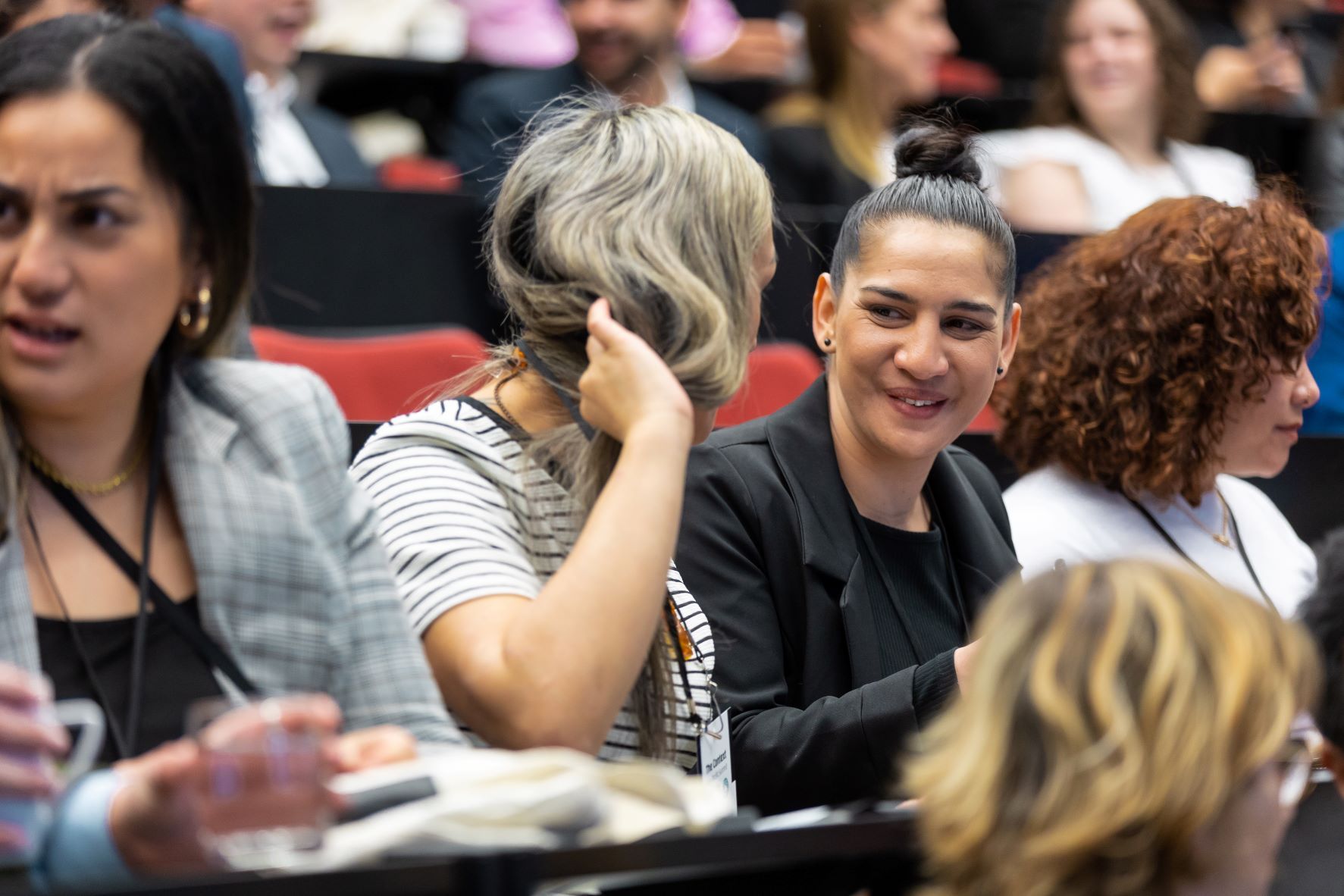
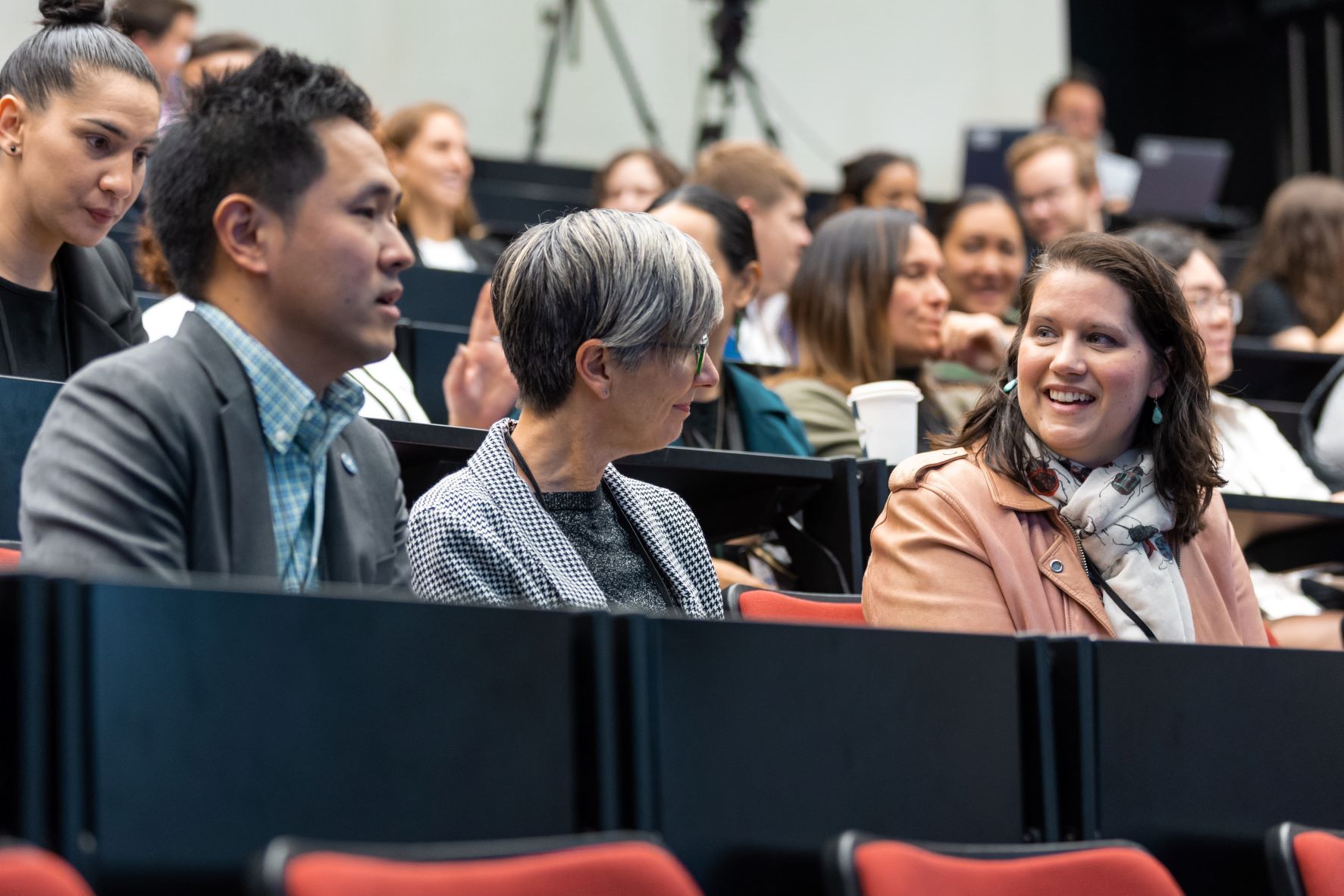
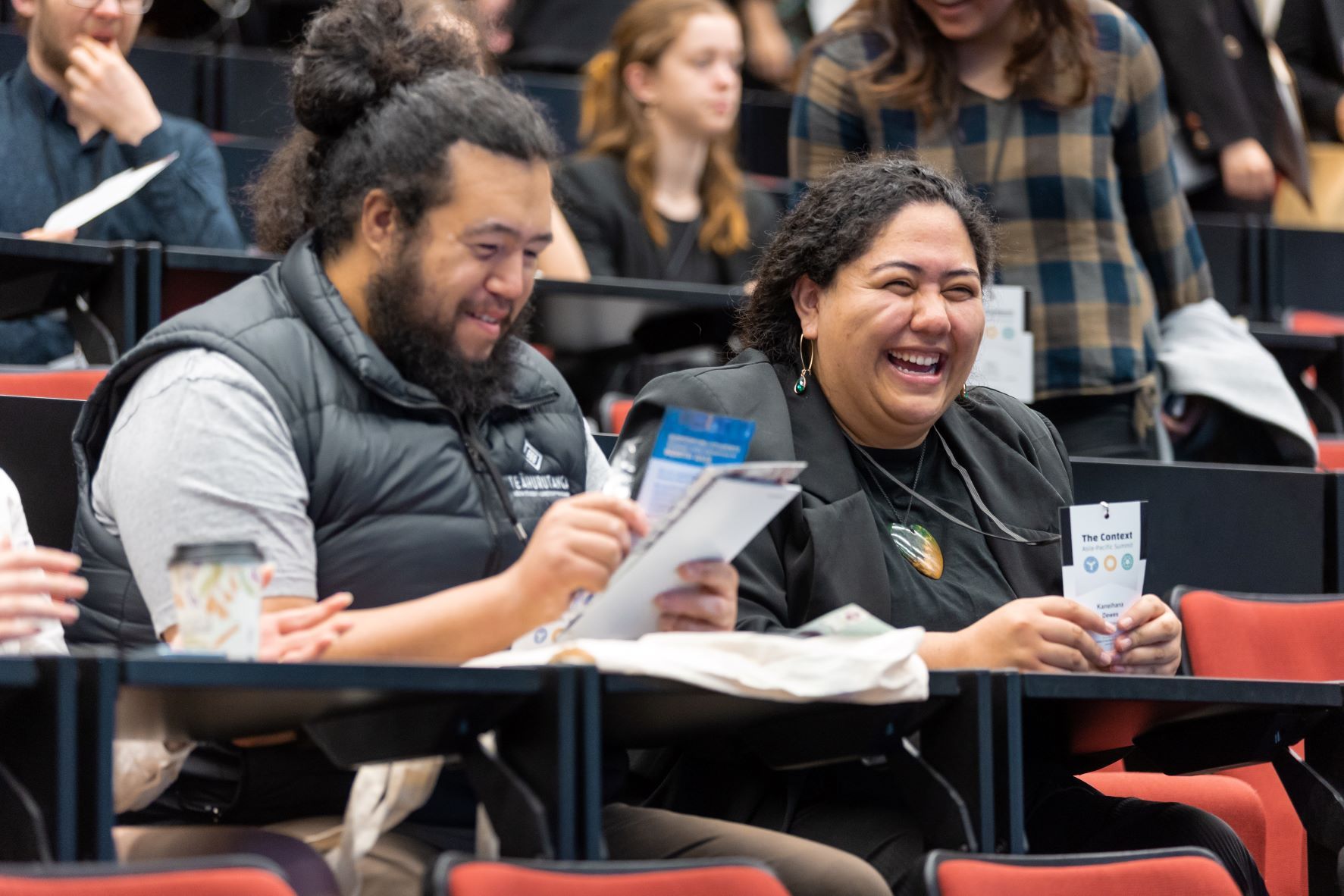
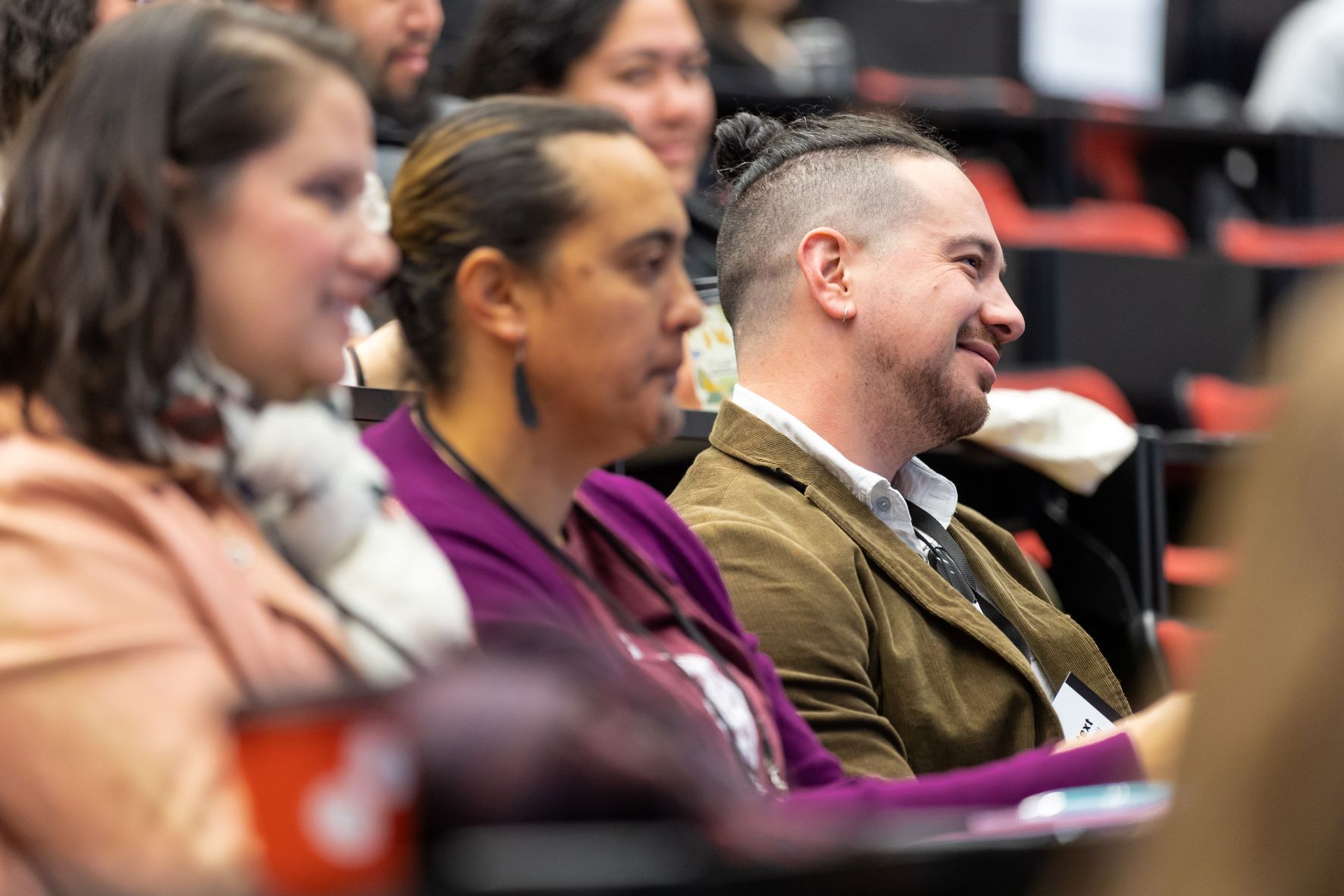
Keynote speaker Professor Natasha Hamilton-Hart spoke on the need for businesses to invest in understanding why the markets they are in, work as they do, and how to operate in them. The business ecosystem-including policies, suppliers, business support and so on, shapes how people do business, and so a different ecosystem requires different strategies and methods. When operating in another market, businesses need to understand where they sit in the ecosystem, and how their home strengths might differ from their ‘away’ strengths.
Dr Tanya Jurado echoed this point in the panel discussion on scaling up via the Asia-Pacific. Successful SMEs gain agility and resilience through relationships-when turbulence hits they can talk to suppliers and customers and draw on their goodwill.
Networks are especially important to small businesses because they often find themselves having to be ‘experts at everything’, observed Kim Tuaine and Sarah Rennie. They noted that networks help to enable 'freedom to fail,’ which Tuaine observed is especially important for businesses from Māori and Pacific backgrounds, for whom the landing can be much harder. Rennie added that New Zealand needed to invest in relational approaches to business support, with different touch points, such as she had observed among the CAPE’s business programmes.
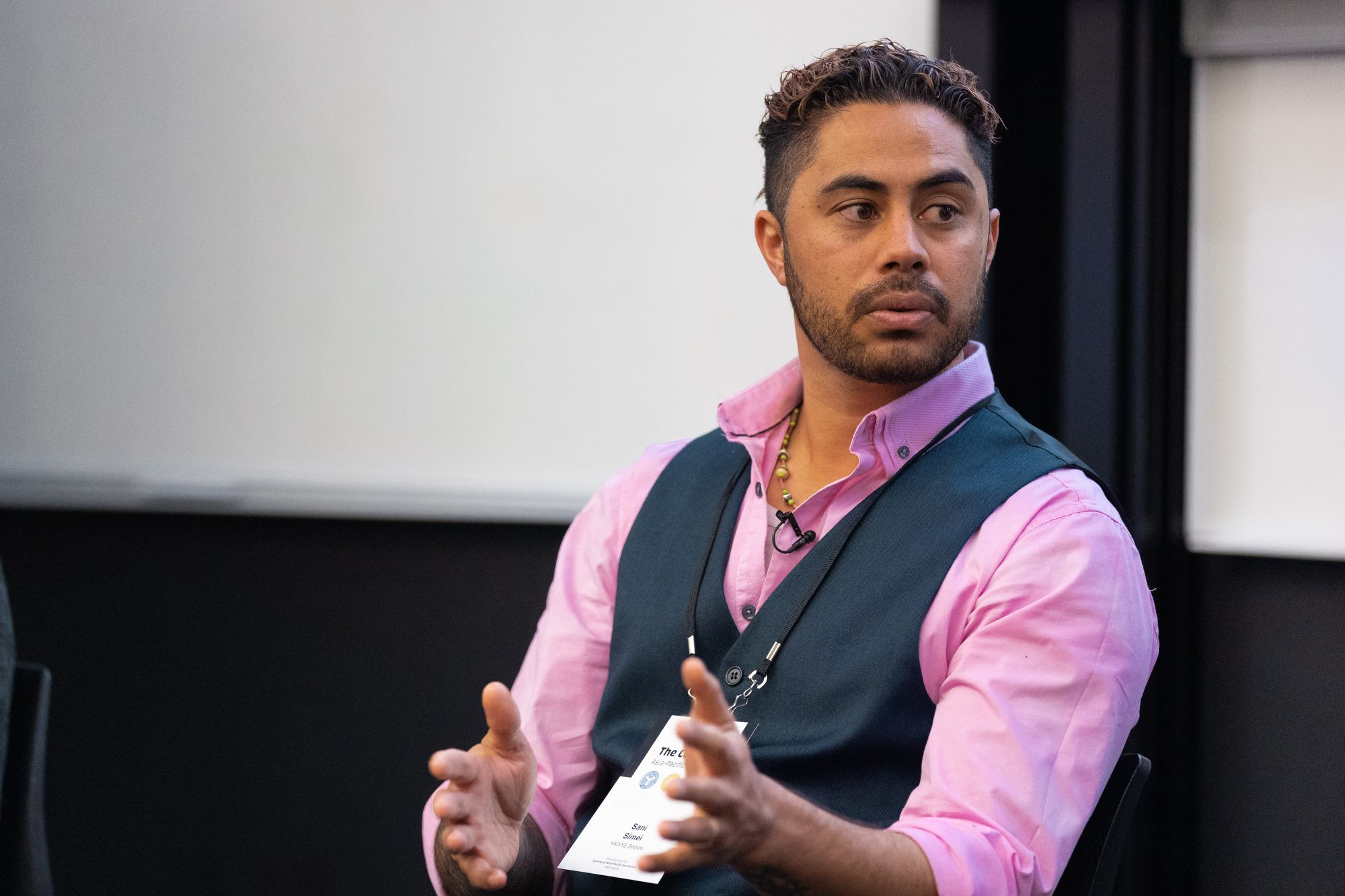
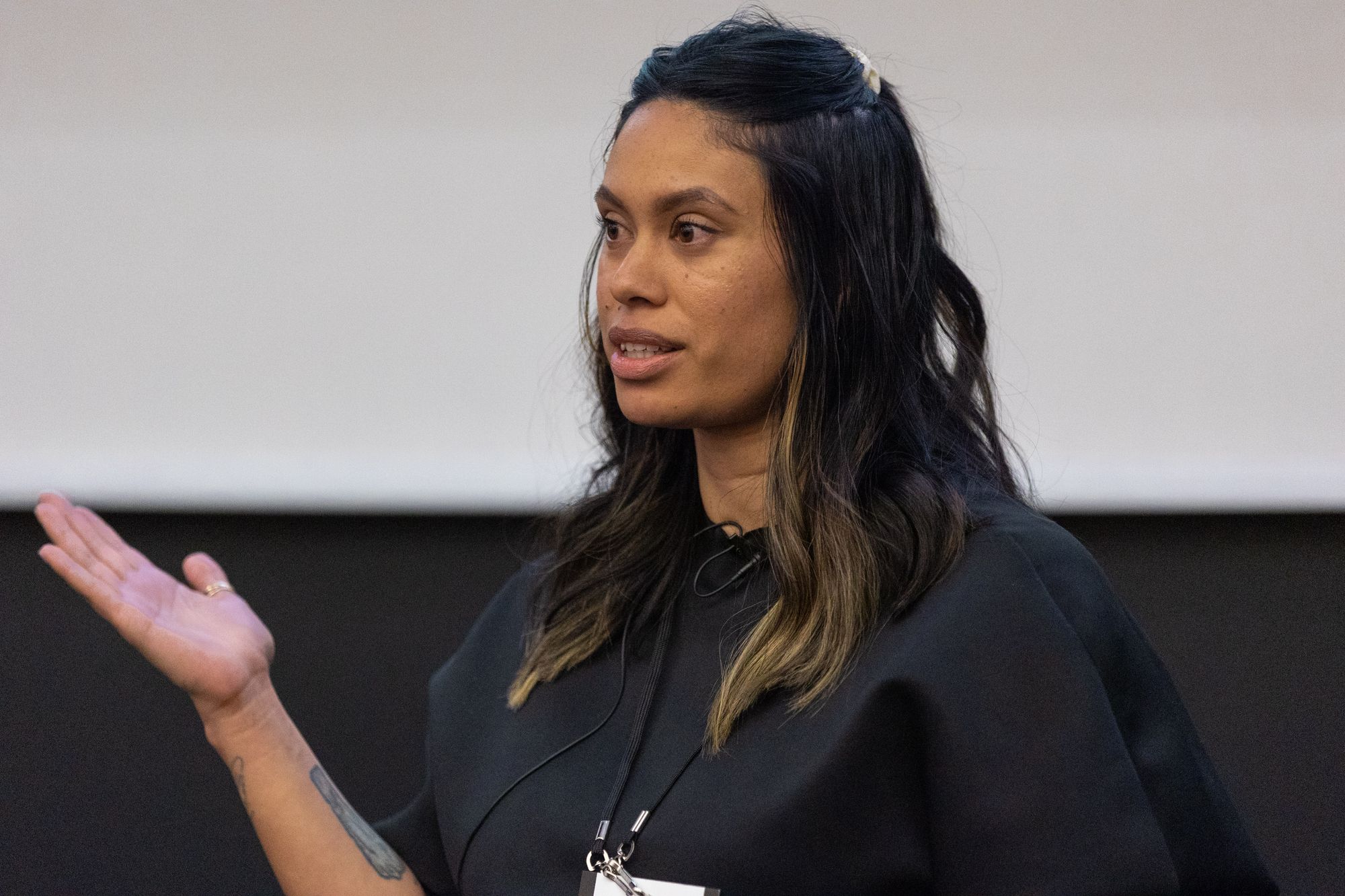
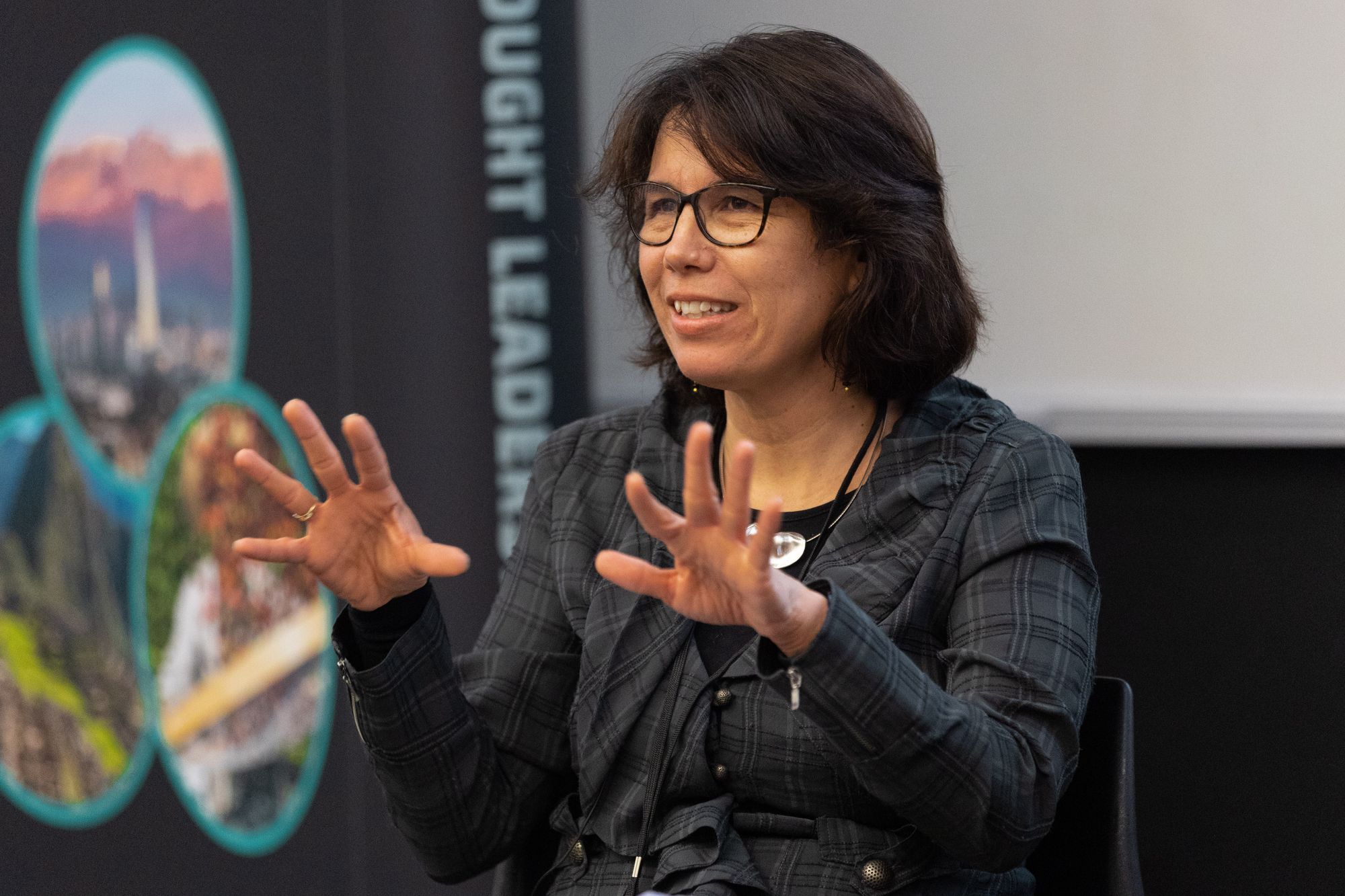
Innovation
The Asia-Pacific provides a wide-open space for innovation. Tara Tan, CEO and founder of Grin Natural, who spoke on two panels, noted that the exciting thing about Asia-Pacific markets like China was that they were dynamic and full of change-which means new opportunities and the ability to experiment and adapt.
Digital technology often dominates discussion of future markets, but Future Food was also top of mind at the Summit. In her keynote, Katy Bluett, Establishment Director for Future Food Aotearoa, advocated for Aotearoa to have a collective food vision that is fit for the future. She highlighted that the Asia-Pacific food industry is accelerating with new and fast paced business models.
“These countries are our friends, customers, competitors and potentially partners. How we engage and work together will define our success in future foods.” - Katy Bluett
Similarly, in the final, yet no less enthusiastic, panel of the day, digital and tech speakers with in-market experience noted that the digital scene in Asia and Latin America was zooming ahead of New Zealand. The optimistic take, however, was that these markets are driven by factors that are highly beneficial to New Zealand firms who can tap into those markets. As Mitchel Pham noted, markets in Asia have the skills, receptive consumers, and investment appetite for risk that enable growth in the digital sector. Fintech entrepreneur Zac Thomas painted a similar picture of Mexico, from where he had recently returned after working in the start-up fintech community there. Thomas advocated for more New Zealanders to work in Latin America to gain market skills and knowledge.
All agreed that being in-market helps businesses understand what is happening on the ground and how the different ecosystems operate.
Action list from Rangatahi
In a day packed with inspiration there were many calls to action, but it was perhaps those from the panel of rangatahi that captured the essence of the day. Together they represented an inspiring and bright Asia-Pacific future. Their patai and challenges to business and policy leaders, as well as young entrepreneurs, included:
- Indigenous business is the way of the future. What does that look like? Are you an ally? How will you support this future?
- Let’s get out of our comfort zones. The world is waiting!
- When venturing offshore, make your first market a non-traditional market; look to Latin America or Asia - that is where the big opportunities are
- Don’t let language be a barrier or an excuse-just try your best
- Tell your story, highlight the skills that your cultural background brings
- Anyone can give entrepreneurialism a go, but remember to also invest in your community and networks. This will help immensely!
These were just some of the highlights of the CAPE’s inaugural Summit. Keep an eye on The Context: Asia-Pacific for more highlights-including from the highly popular breakout sessions on Connecting with consumers - sustainability and doing social good, and Cultural intelligence for successful internationalisation.
Hit the subscribe button to have these and other valuable Asia-Pacific stories land in your inbox!

